From Intolerance to Understanding: An Exercise in Empathy
Explore the transformative power of empathy in dismantling discrimination and understanding gender dysphoria within the LGBTQ community. Join us for an insightful blog post that delves into the role of empathy in creating a more inclusive world.
Introduction: Using Empathy to Refut the Myth That Being 2SLGBTQIA+ Is a Choice
Many believe being gay is a choice, but filters through the eyes of empathy; you will begine to see a different story. Your sexual orientation and gender identity are innate parts of who you are and cannot be altered or selected. Queer people did not choose to be 2SLGBTQIA+, just as we did not pick the colour of our eyes or the shape of our noses. These features are fundamental aspects of our being, just like our heart beating or our lungs breathing.
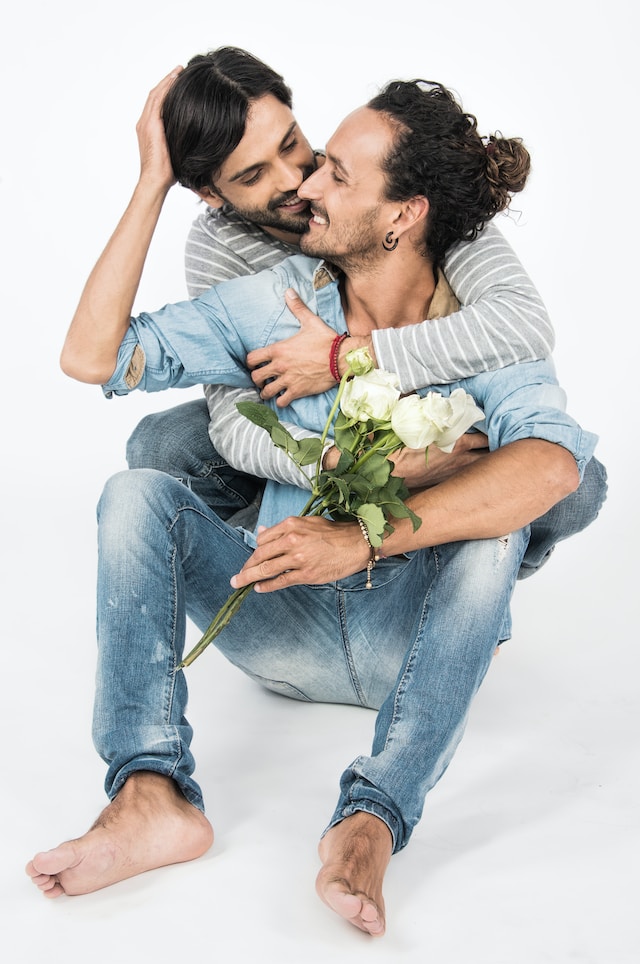
Join us in this blog post to take part in an exercise in empathy that will help you truly comprehend that being 2SLGBTQIA+ is not a choice but rather a natural part of someone’s identity. Through this exercise, we’ll dive into the feelings and sensations of being queer, the rush of butterflies in your stomach when you see your crush, the warmth of their hand in yours, the electric spark when you finally kiss someone of the same gender, or the fear and confusion of realizing your gender identity doesn’t match the one society has assigned to you. You’ll come away with a deeper understanding of the 2SLGBTQIA+ experience and a greater appreciation for the complexity and beauty of human diversity.
An Exercise in Empathy
I would like to start this thought experiment with a Question; “would you choose to be Gay?” Of course, most heterosexuals would likely refuse or feel uncomfortable answering this question, and that’s completely understandable. However, this exercise aims to make you uncomfortable, just as 2SLGBTQIA+ individuals experience discomfort on a daily basis, requiring empathy.
So, what I would like you to do is lean into the discomfort and truly experience it. By being present and paying attention to the unpleasant feelings and emotions this exercise will dredge up, empathy can help you more easily change or accept these sensations.
Now I would like you to honestly envision what it would be like, to have a same-sex relationship and be intimate with someone of the same gender. Imagine the warmth of another person’s body against yours, the softness of their lips as you kiss, and the sound of their heartbeat in your ear. The rush of their kiss, their warm breath on the nape of your neck as goosebumps erupt all over your body. Their tender embrace that makes you feel warm and safe.
However, when you have difficulties finding a relationship, people may tell you, “You are not trying hard enough” to find someone for a same-sex relationship. Or someone may say to you, “You haven’t met the right person yet; you’re not really straight.” Such statements are verbal attacks on your identity that feel like a punch in the gut. They invalidate your identity intentionally. Moreover, there are other remarks, such as “You’ll regret it in the future” or “Did you know you can change your sexual orientation through therapy” to become gay?
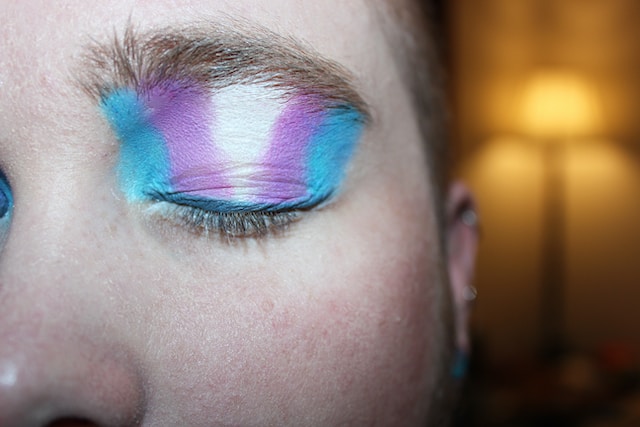
Now, let’s consider the experience of being transgender. Imagine feeling like a stranger in your own body, trapped in a vessel that doesn’t belong to you. When people tell you that your gender identity is a choice and that you must be mentally ill, it intensifies the confusion and pain you feel every day. People invade your personal space and ask questions about your body that make you feel uncomfortable and violated, like whether your breasts are implants or if you plan to undergo surgery.
The discrimination doesn’t stop there; it seeps into every aspect of your life. You’re denied healthcare because providers refuse to treat trans patients. You’re forced to use the wrong bathroom and risk violence or harassment whenever you need to use a public restroom. You’re turned away from housing or employment opportunities because of your gender identity. It’s like a physical blow to the chest, knocking the wind out of you. You feel small and powerless, like your very existence is being erased. But your gender identity isn’t a choice; it’s a fundamental aspect of who you are, just like the colour of your eyes or the shape of your nose.
Empathy is necessary to understand the experiences of 2SLGBTQIA+ individuals. The thought of being gay or Transgender likely ignited intense and uncomfortable emotions within you, which was the intended outcome of this exercise. Your physical revulsion towards same-sex intimacy or life in the wrong body is the same gut-wrenching feeling many 2SLGBTQIA+ individuals experience when their identity is dismissed as a choice. So let me rephrase my initial question: “Would you choose to be gay,” to “Could you choose to be gay?”
No, you couldn’t choose to be gay? Then if you physically cannot choose to be gay, why would you think that a queer person would choose it? The answer is simple: they wouldn’t either; their love would be just as real and passionate as any other, their identities as intrinsic to their being as the beating of their heart or the flow of their breath.
Conclusion:
This exercise aims to build empathy by helping people understand the innate nature of 2SLGBTQIA+ identity, which cannot be changed or chosen. Just as heterosexuals experience discomfort when imagining themselves as 2SLGBTQIA+, many 2SLGBTQIA+ individuals feel invalidated when told their identity is a choice. It’s like a tight knot in your stomach, a heavy weight on your chest, a wave of nausea that washes over you. You feel like you’re being suffocated, like you’re not allowed to exist as your authentic self.
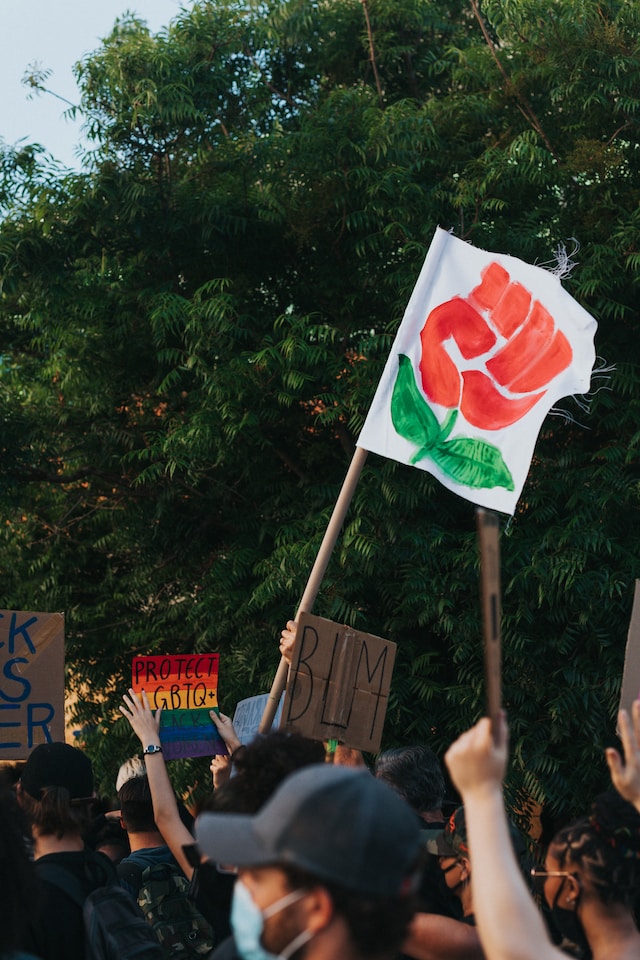
It’s essential that we treat all people with equal dignity and respect, embracing empathy for their experiences, regardless of their skin colour, nationality, sexual orientation, gender identity, or religious affiliation. When we actively challenge the myth that being 2SLGBTQIA+ is a choice, empathy allows us to create a more accepting and inclusive world where everyone can genuinely be themselves without fear of judgment or invalidation.
So, my plea to you is simple: do better.
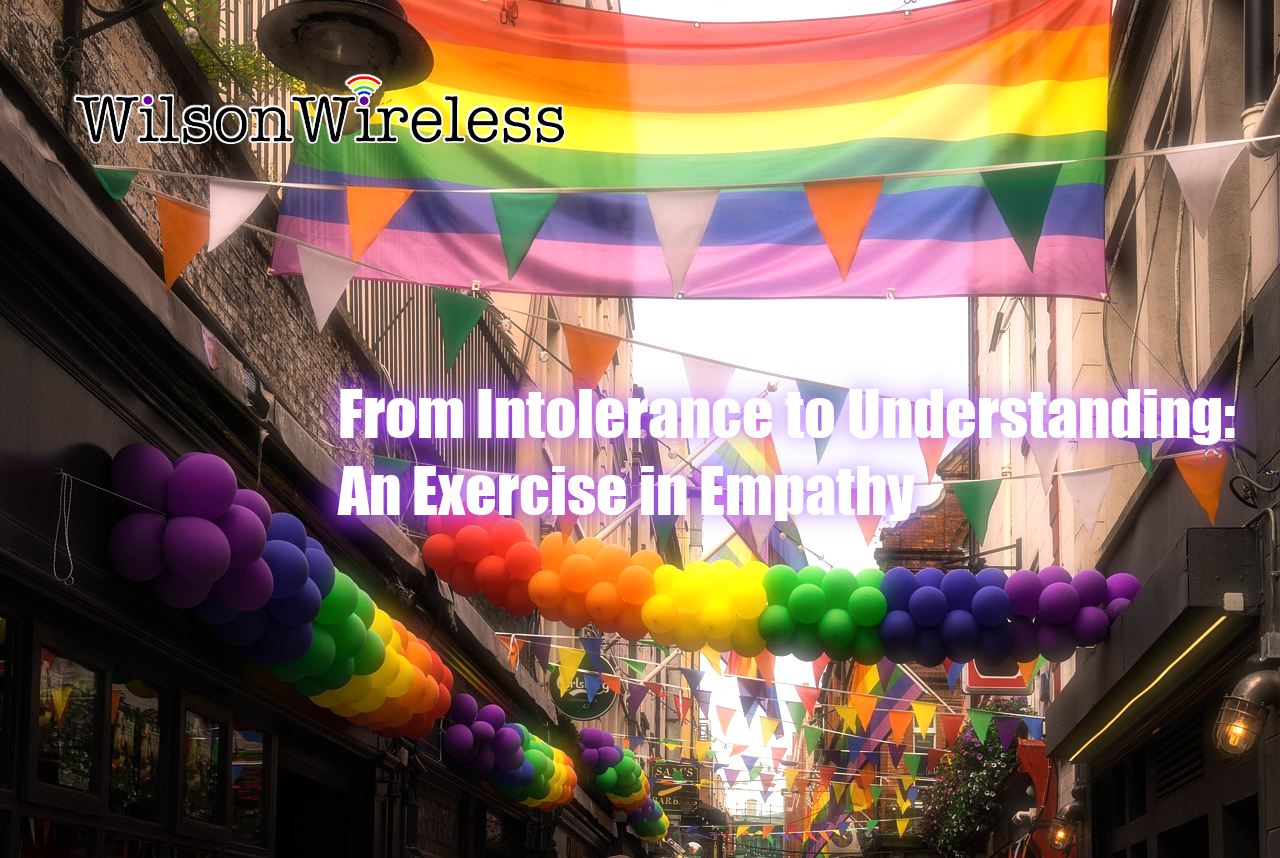
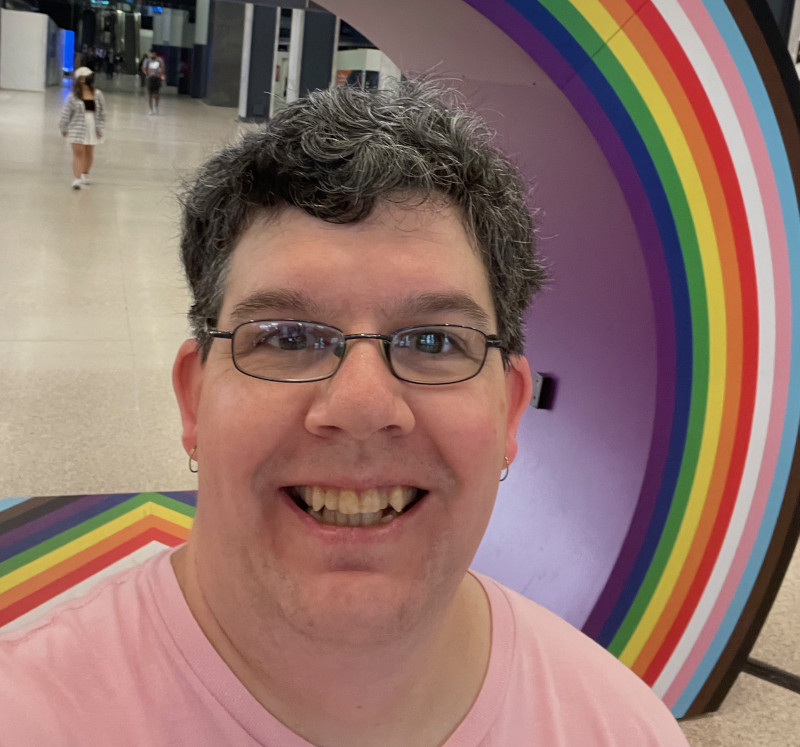
Leave a comment